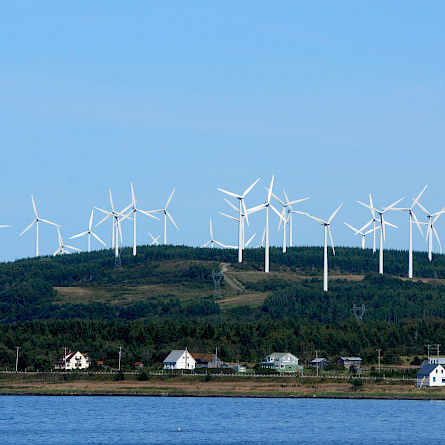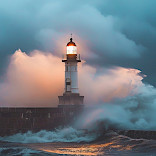I recently read two articles published by La Presse+ that were translated from the first article of the New York Times “The Energy Transition” series titled “The Clean Energy Future Is Arriving Faster Than You Think”.
We learn several interesting and probably surprising statistics for many readers. Thus, in the article, the authors point out that, “More than $1.7 trillion worldwide is expected to be invested in technologies such as wind, solar power, electric vehicles, and batteries globally this year, according to the I.E.A., compared with just over $1 trillion in fossil fuels. That is by far the most ever spent on clean energy in a year.”
Many of us believe that the United States is an environmental dunce in the world. Admittedly, actions by the US federal government during Trump’s presidency, including its decision to withdraw the country from the Paris climate accord in 2017, sent a negative signal. However, according to the article, “in the United States, 23 percent of electricity is expected to come from renewable sources this year, up 10 percentage points from a decade ago.”
Later in, “Something Very Dramatic”, it points out that “Today, solar and wind power are the least expensive new sources of electricity in many markets, generating 12 percent of global electricity and rising. This year, for the first time, global investors are expected to pour more money into solar power — some $380 billion — than into drilling for oil.”
Who says cheaper, says more profitable. And who says more profitable should expect an acceleration of investment by investors in these energy sources in the years to come. Not to mention other green technologies, including electric vehicles.
I wrote a blog in December 2017 titled, “A book that gives hope in the face of climate change”. The book “Climate of Hope” was written by Michael Bloomberg and Carl Pope. In it they write, “The market economy can be an environmentalist’s best friend.” This, in my opinion, is what is happening in the United States and all over the world. Grants from several governments for green projects are also contributing to the phenomenon.
The climate challenges are enormous, and the headlines of the media remind us of this daily, while natural disasters are more and more numerous and devastating.
But let’s not underestimate the power of attracting profits in a free enterprise economy and the human capacity to adapt and find innovative solutions. This is one of the messages that Warren Buffett has uttered on many occasions in the past. This is also one of the lessons I learned from my recent reading of Paul J. Getty’s autobiography.





